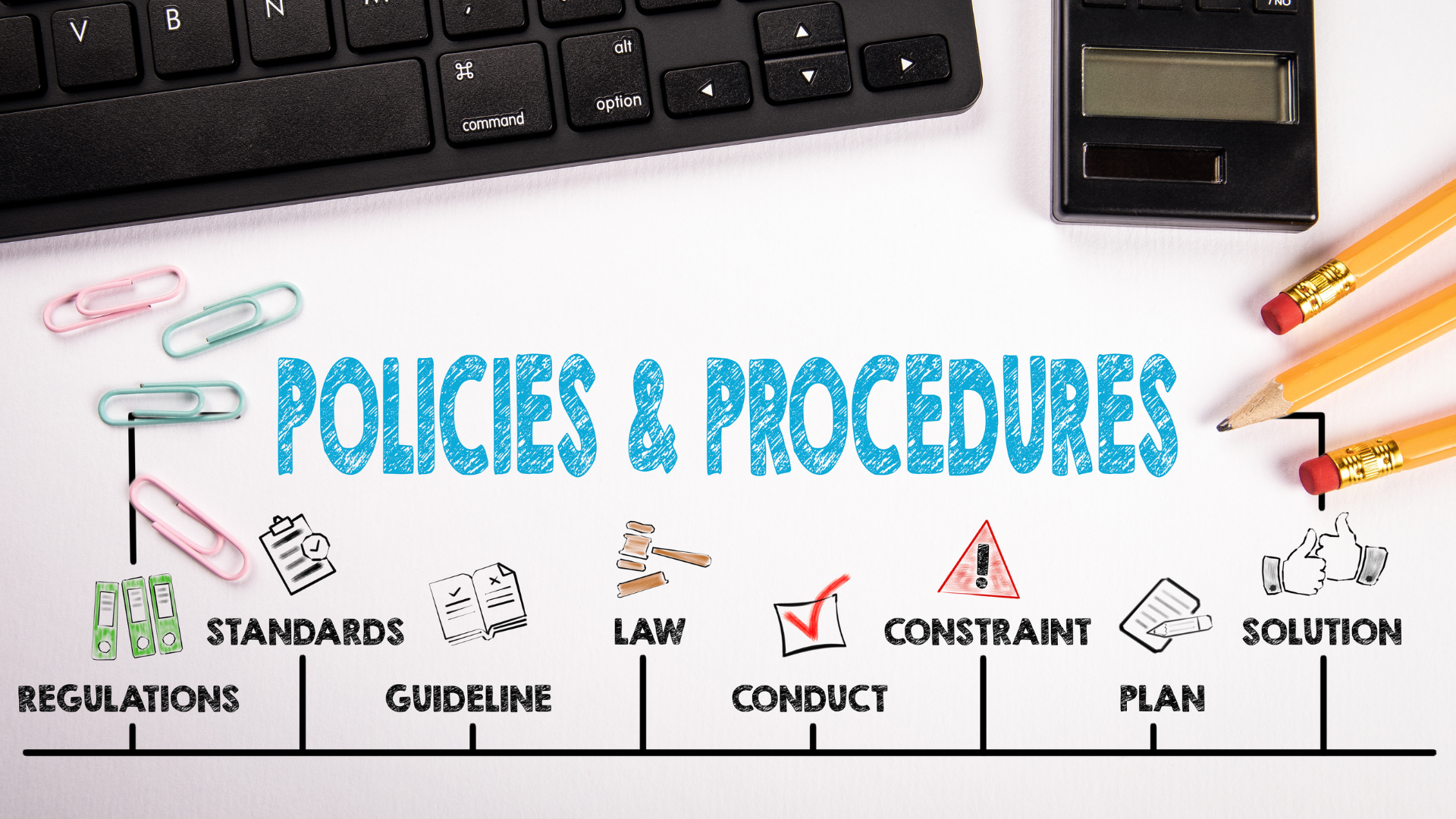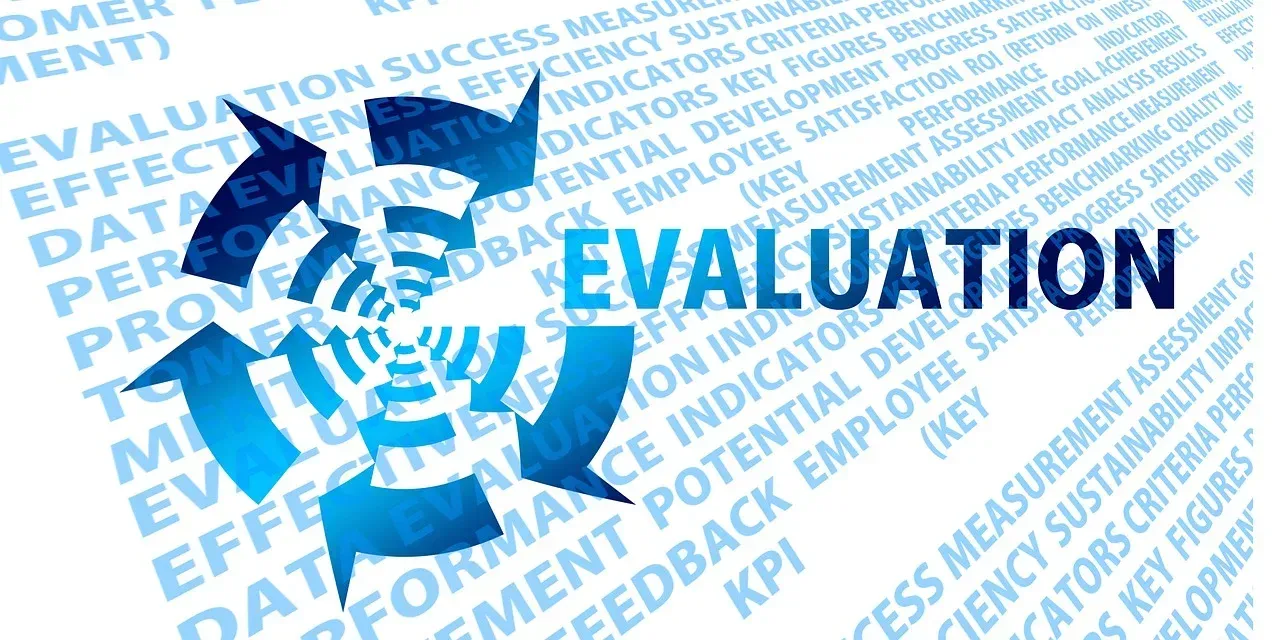The Cornerstone of Success: The Crucial Role of Policies and Procedures Manuals for Businesses of All Sizes

In the ever-evolving world of business, policies and procedures manuals serve as the guiding light for organizations, regardless of their size. These manuals are not just a formality; they are the backbone of efficient operations, compliance, and adaptability. In this blog, we will delve into the paramount importance of policies and procedures manuals, the need to keep them up to date, and the circumstances that may necessitate policy changes.
The Solid Foundation for Business Operations
Policies and procedures manuals are much more than just stacks of documents—they are the pillars upon which businesses of all sizes rest their operations. Here's why they matter:
1. Consistency and Efficiency: Manuals ensure that employees at every level follow standardized procedures. This consistency results in more efficient operations, reduced errors, and improved productivity.
2. Legal and Regulatory Compliance: They serve as the first line of defense against legal troubles by aligning your business with industry regulations and legal requirements.
3. Employee Training and Onboarding: New hires can hit the ground running when they have a comprehensive manual to guide them through their roles and responsibilities.
4. Accountability: Manuals establish clear expectations, making it easier to hold employees accountable for their actions and decisions.
The Imperative of Keeping Manuals Up to Date
While having policies and procedures is a significant step, ensuring their relevance and currency is equally essential. Here's why:
1. Evolving Regulations: Laws and regulations change over time, often in response to new technologies or shifts in societal norms. Outdated policies can lead to non-compliance issues and legal liabilities.
2. Technological Advancements: As technology evolves, so should your policies. This includes addressing data security, remote work, and digital communication, to name a few.
3. Industry Best Practices: To stay competitive, businesses must stay in sync with industry trends and best practices. Outdated policies can hinder innovation and growth.
4. Organizational Changes: Expansions, mergers, restructures, and changes in organizational focus can all necessitate updates to reflect the new reality.
5. Employee Input: Employees are often the first to spot areas where policies may need adjustment or clarification, making their feedback invaluable.
Circumstances Requiring Policy Changes
Several specific situations can trigger the need for policy changes:
1. Legal Changes: New laws or regulations affecting your industry require corresponding updates to your policies.
2. Security Incidents: Data breaches or security incidents can reveal vulnerabilities in your data security policies, prompting revisions.
3. Employee Feedback: Engaging with employees and soliciting their input can uncover areas where policies may need improvement.
4. Audit and Compliance Findings: Audits or compliance reviews may uncover discrepancies or gaps in your policies, necessitating updates to meet regulatory standards.
5. Market Shifts: Changes in your market or industry may necessitate updates to remain competitive.
Conclusion
In conclusion, policies and procedures manuals are not just documents; they are the compass that guides businesses to success. For companies of all sizes, the importance of these manuals cannot be overstated. They are the roadmap for efficient operations, legal compliance, and adaptability in a constantly changing business landscape. Keep your policies up to date, and you'll ensure your organization is not only compliant but also well-prepared to thrive in the face of evolving challenges and opportunities. Your policies are not static; they are the dynamic framework for your business's future success.
You might also like




